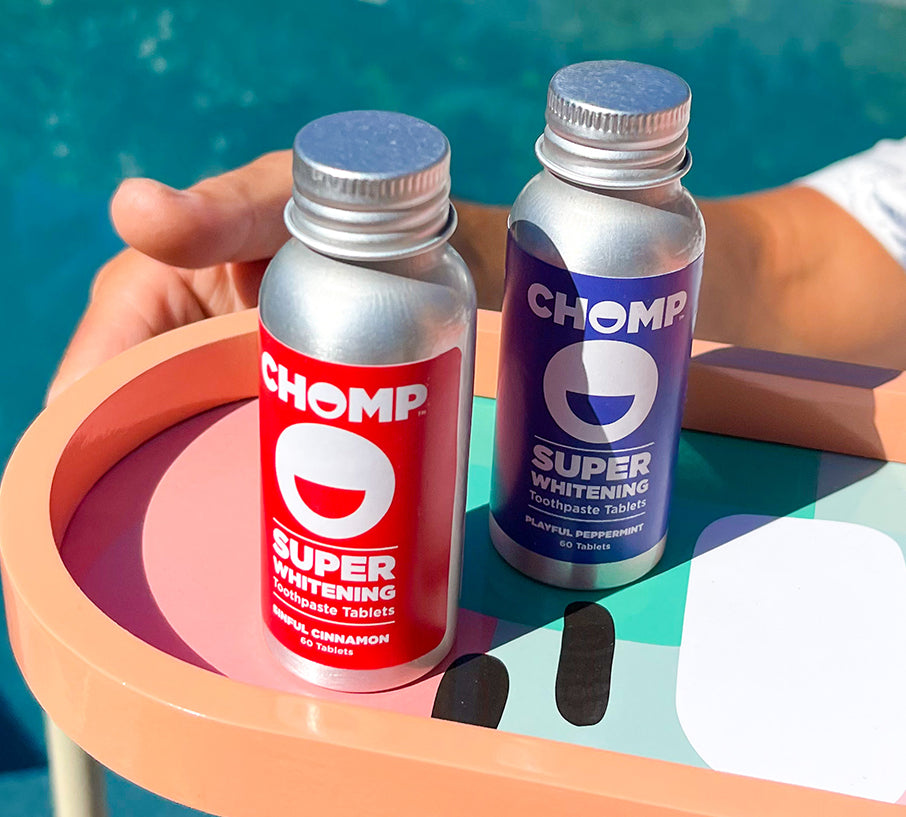Sustainability.
Aluminum is known for its recyclability compared to glass and even paper with over 35 million cans being recycled each week. Also aluminum packaging has the highest percentage of recycled content with 68% recycled material compared to an average of 20-30% for glass.
Recycle facilities that recycle glass are harder to come by than those for aluminum. And even some places will refuse to collect glass alongside other recyclables due to the difficulties in repurposing glass if different colors mix in transit to the recycling facility. And sadly, the United States only recycles about a third of the glass thrown away annually.
Energy Saving.
The recycling process for aluminum provides a significant amount of energy savings compared to other materials. Recycling a can uses 90% less energy than recycling a glass bottle with only a 25% less energy. That means using recycled materials also saves a lot energy and factory emissions. Making aluminum a cost-effective and environmentally-friendly choice for packaging.
Light Weight.
Aluminum is a very lightweight material that reduces transportation costs, as more products are able to be loaded onto vehicles compared to other heavy materials. And it also saves transportation energy costs, since they require less energy to transport from one place to another.
Aluminum is also less breakable and more compact than glass bottles meaning they require less packaging, adding up to additional savings and less wasteful extra packaging.




